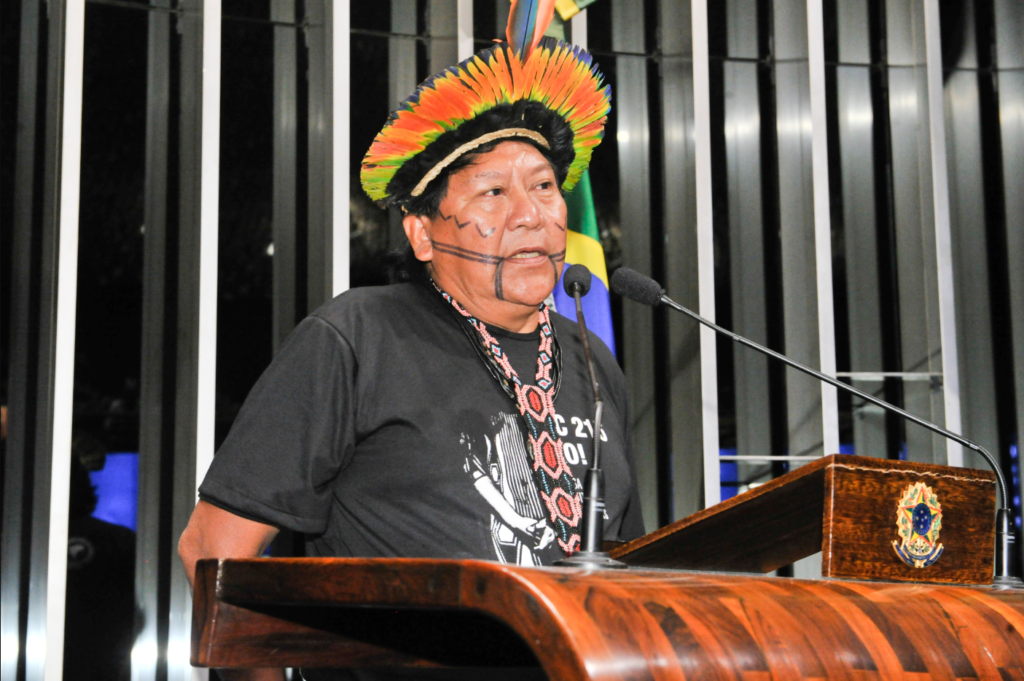First Coronavirus Case Reaches Remote Indigenous Amazon Group

The Brazilian Health Minister has announced the first coronavirus case among the Yanomami people, a group of approximately 35,000 indigenous people living in the Amazon rainforest on the border between Venezuela and Brazil. The Yanomami patient, a 15-year-old boy, is being treated in the intensive care unit at a hospital in Boa Vista.
First case of COVID-19 confirmed in the Yanomami indigenous territory in Brazil. The area is under massive pressure from illegal gold miners.
Brazil’s govt urgently needs to do more to protect indigenous people from both COVID-19 + illegal land seizures https://t.co/O0ceKArYIU
— Richard Pearshouse (@RPearshouse) April 8, 2020
Brazil is home to hundreds of thousands of indigenous people who live in remote rainforest areas. These groups were devastated by other diseases, such as measles and malaria in the 1970s. Smallpox and flu viruses have also, historically, had a terrible impact on such communities.
Indigenous people are particularly vulnerable to diseases imported from the outside world because they lack immunity to germs against which much of the world has developed immunity.
The case comes at a time when President Jair Bolsonaro is continuing to criticize the measures that Brazilian cities, and the rest of the world, are taking to slow down the coronavirus outbreak. Mayors and governors are struggling to enforce social distancing measures upon their residents as a result. Bolsonaro’s position is that “The collateral effects of the measures to fight the coronavirus cannot be worse than the actual illness.”
Currently, Brazil has the most coronavirus cases in Latin America, with 17,857 confirmed infections and 941 deaths. Test scarcity, with officials in Brazil only having test kits for 258 people per million (compared to 5,900 test kits per million people in the US), likely suggests that those numbers are significantly higher than reported.